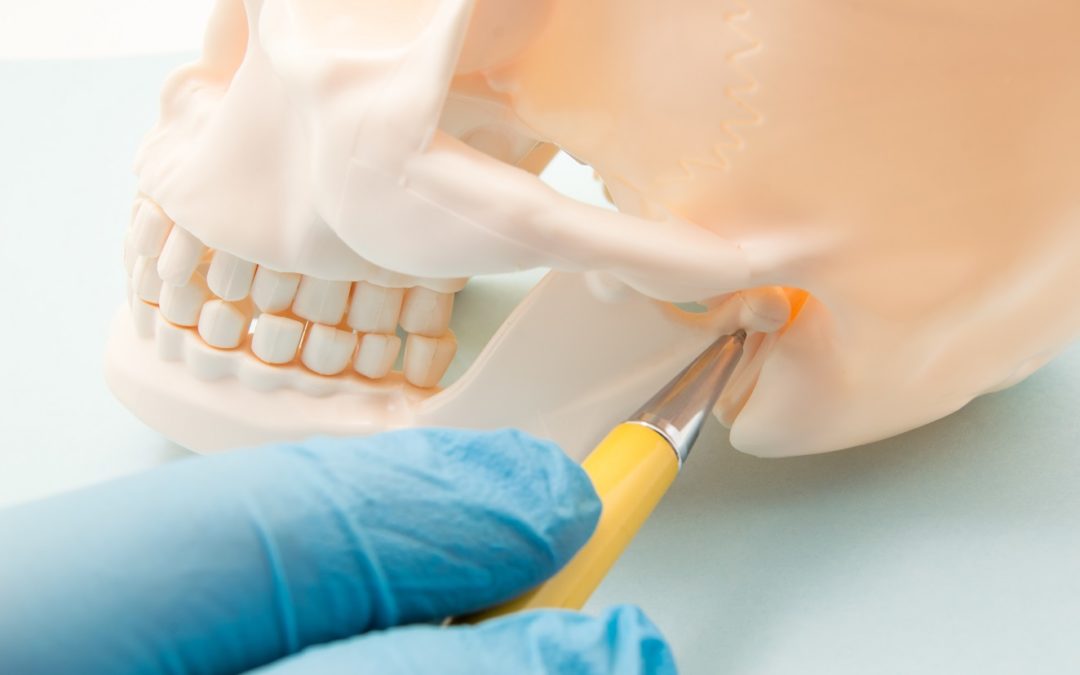Soreness or pain around your jaw area isn’t necessarily something that you should ignore. It could be a sign that you are suffering from a temporomandibular joint disorder (TMD).
In fact, TMD is the second-most musculoskeletal condition that causes pain and discomfort in roughly 5 to 12 percent of the U.S. population, and about half to two-thirds of its sufferers will ever get treatment.
Take the steps necessary to end your suffering from the effects of TMD. Trust that Dr. Kevin Sandefer, our skilled San Antonio family dentist at Alon Dental Care, knows just what you need to treat the disorder and request an appointment today.
What is the Temporomandibular Joint?
If you put your fingers in front of your ears and open your mouth, you’ll feel your temporomandibular joint (TMJ). This hard-to-pronounce structure is a complex system of bone and muscle that can, under great stress or certain conditions, be affected by a family of disorders. It can also affect the muscles in your face and shoulders.
What Kind of Disorders Affect the TMJ?
Arthritis, dislocation, teeth grinding (bruxism), mental health conditions, and physical injury can all affect how your TMJ functions. In time, these conditions can build up into TMD that can cause:
- Pain from the jaw to shoulder
- Swelling of the face
- Trouble using the joint
Eating soft food, exercising the joint, and applying a moist heat or ice pack can help alleviate the symptoms at home, but if they fail, there are several other options you can discuss with your San Antonio family dentist.
1. Medicine
Generally, over-the-counter anti-inflammatory drugs can help relieve pain and swelling associated with TMD. Other options will require a prescription from the appropriate medical professional.
In fact, a dentist may be able to prescribe a muscle relaxant that can help soothe tight muscles in the jaw, something that is particularly helpful for those who grind their teeth.
While the aforementioned medications can do well at treating symptoms of TMD, they do very little at treating any kind of mental health condition that could be causing you to grind your teeth or tense your muscles. For that, seeking out the aid of a proper mental health should be your priority.
2. Bite Guards
If you’re having trouble with bruxism, your dentist may recommend you use a bite guard. These appliances are usually crafted out of a durable plastic material and designed to prevent you from clenching down on your teeth during the day while keeping your jaw in alignment while you sleep.
Because of how these custom-fitted pieces can help treat your TMD, they can also improve the way you breathe at night, helping you get a night of quality sleep. Usually after a visit with our San Antonio family dentist, we can send an impression of your bite to our laboratory to create a bite guard that fits just right for you.
In time, after using a bite guard, any muscle soreness or headaches associated with TMD should go away, with the added benefit of feeling much more rested throughout the day.
3. Surgery
In most cases, surgery should be the last resort to treat TMD. It is used when the disorder is caused by structural problems or abnormalities in the TMJ that can limit the movement and function of the jaw.
In this particular instance, Dr. Sandefer knows a great maxillo-facial surgeon that can further address any concerns you may have about your TMD and help correct it.
If you suffer from TMD, let Alon Dental Care give you the care you deserve.
If you think that you or a loved one may be suffering from TMD, your San Antonio Family dentist, Dr. Sandefer, would be happy to discuss all of your options with you to find a plan that works best for your condition. TMD can be painful, but your dentist can help you find the relief you need.

